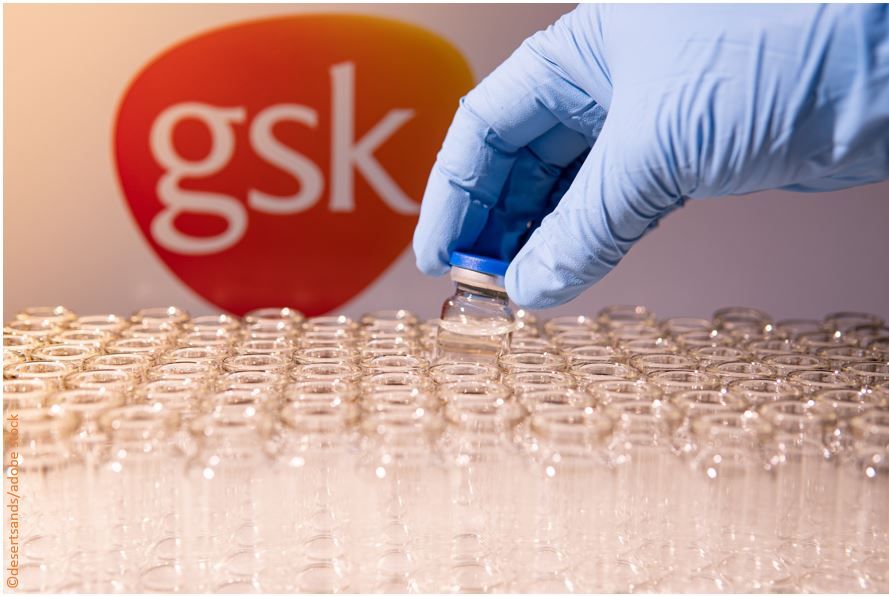- Clinical Technology
- Adult Immunization
- Hepatology
- Pediatric Immunization
- Screening
- Psychiatry
- Allergy
- Women's Health
- Cardiology
- Pediatrics
- Dermatology
- Endocrinology
- Pain Management
- Gastroenterology
- Infectious Disease
- Obesity Medicine
- Rheumatology
- Nephrology
- Neurology
- Pulmonology
GSK Announces Positive Pivotal Phase 3 Data for Adult RSV Vaccine Candidate

Biopharma company GSK announced on Thursday positive findings from a pivotal phase 3 clinical trial of its respiratory syncytial virus (RSV) vaccine candidate for adults aged ≥60 years.
The data, which will be presented at IDWeek 2002 later this month, show overall vaccine efficacy of 82.6% against RSV-lower respiratory tract disease (LRTD), satisfying the trial’s primary endpoint, according to GSK.
The phase 3 randomized placebo-controlled AReSVi-006 trial enrolled 25 000 participants from 17 countries to evaluate efficacy of a single dose of the adjuvanted RSVPreF3 OA investigational vaccine in adults aged ≥60 years.
A range of prespecified secondary endpoints in the trial allowed assessment of vaccine efficacy in populations at highest risk for severe outcomes of RSV. These findings were also consistently positive with efficacy of 94.1% in patients with severe RSV-LRTD, 94.6% in participants with comorbidities, and 93.8% in adults aged 70-79 years. Efficacy of the investigational vaccine against RSV-LRTD was consistent across RSV A and B subtypes (84.6% and 80.9%, respectively), findings consistent with the significant neutralizing antibody response seen against both variants, according to the company.
“These are truly exceptional results given that today RSV remains one of the major infectious diseases without a vaccine, despite over 60 years of research,” said GSK chief scientific officer Tony Wood in a GSK statement. The company believes that these robust findings suggest the potential for RSVPreF3 OA to help reduce the global burden of RSV-LRTD, and particularly among older and the most vulnerable adults.
The single-shot vaccination was well tolerated, and the safety profile deemed favorable. Adverse events, the most common being injection site pain, fatigue, myalgia, and headache, were mild-to-moderate and transient.
GSK anticipates regulatory submissions based on the phase 3 data before the end of 2022.
